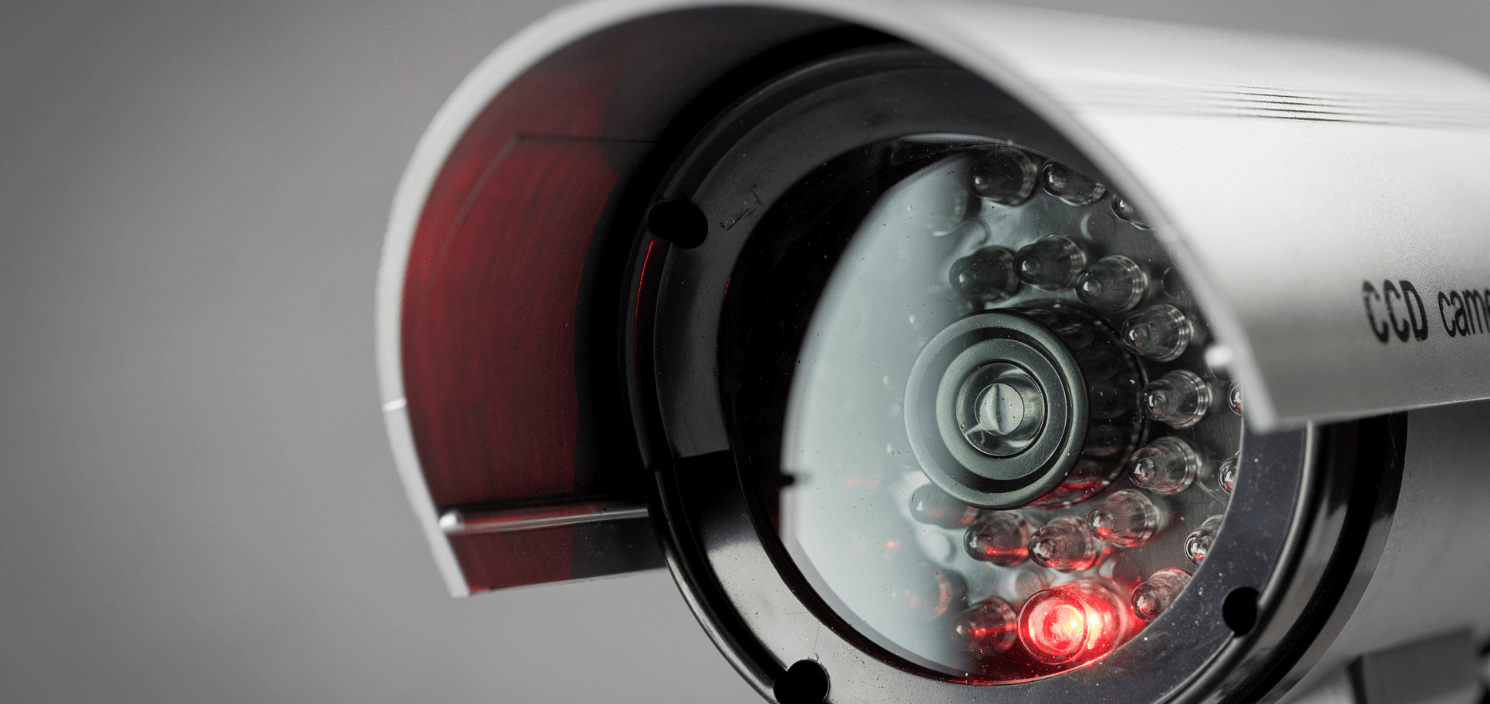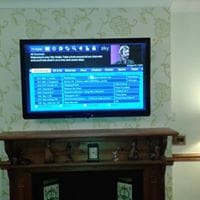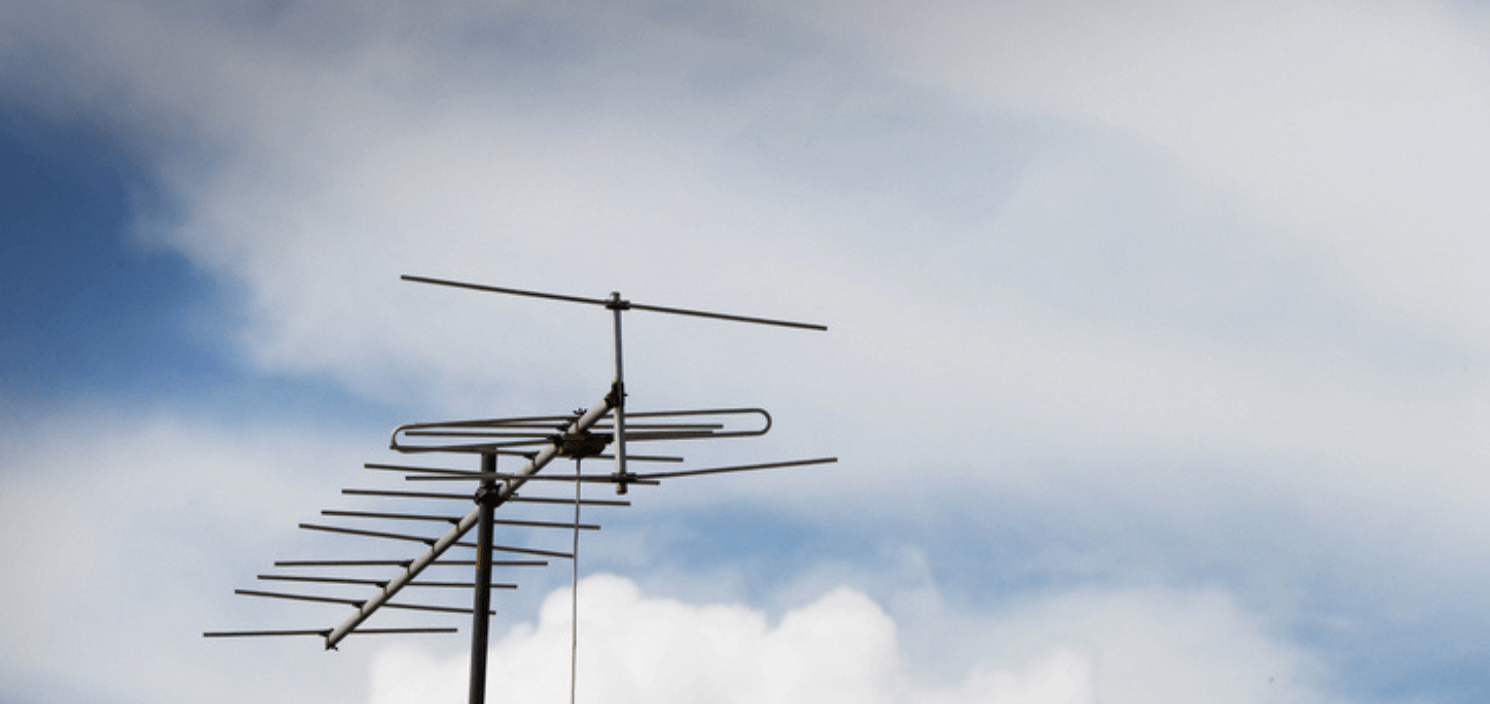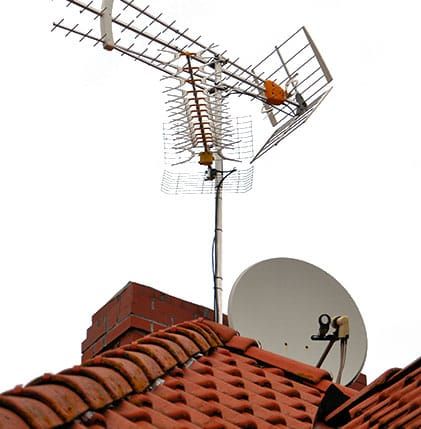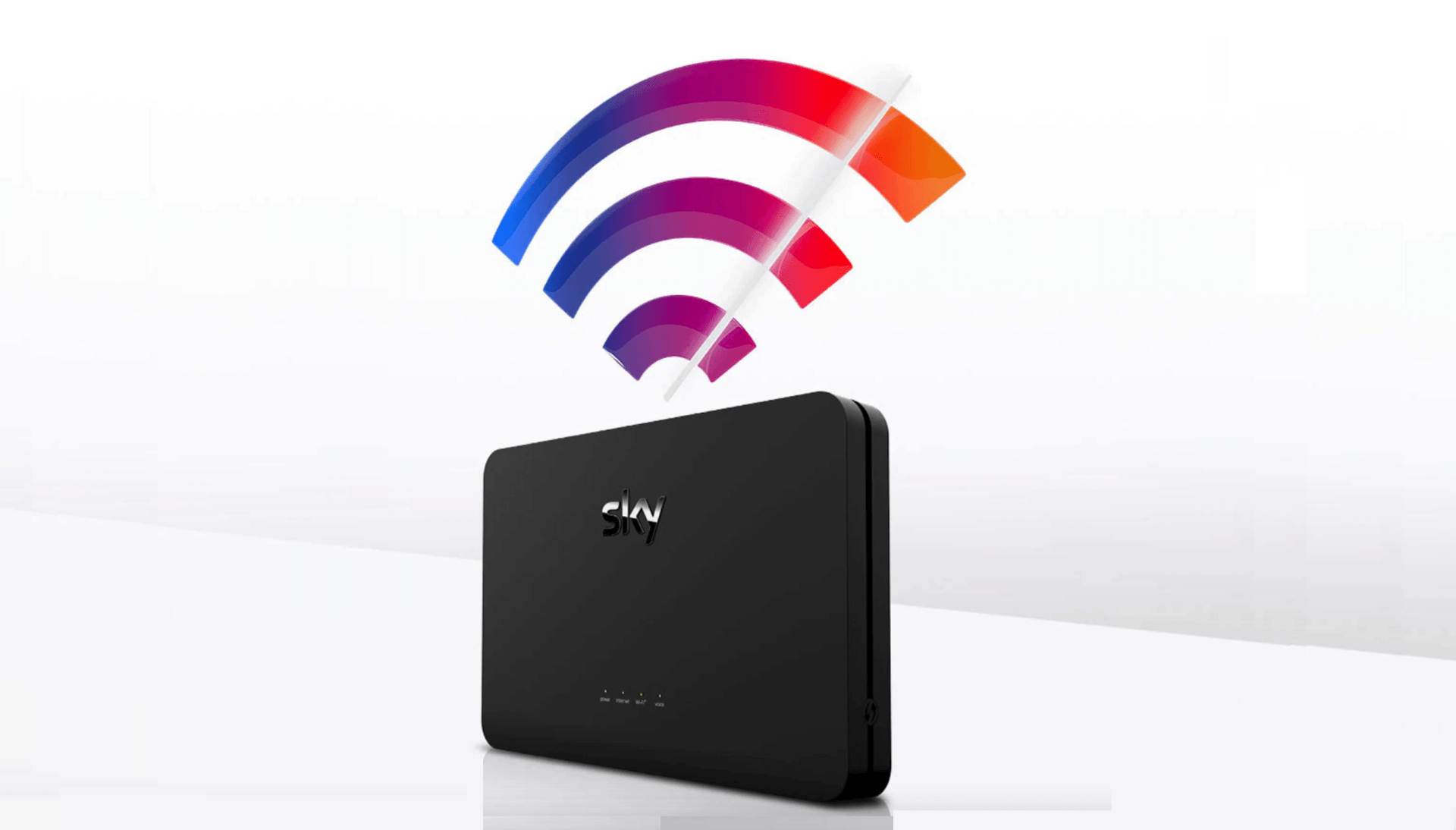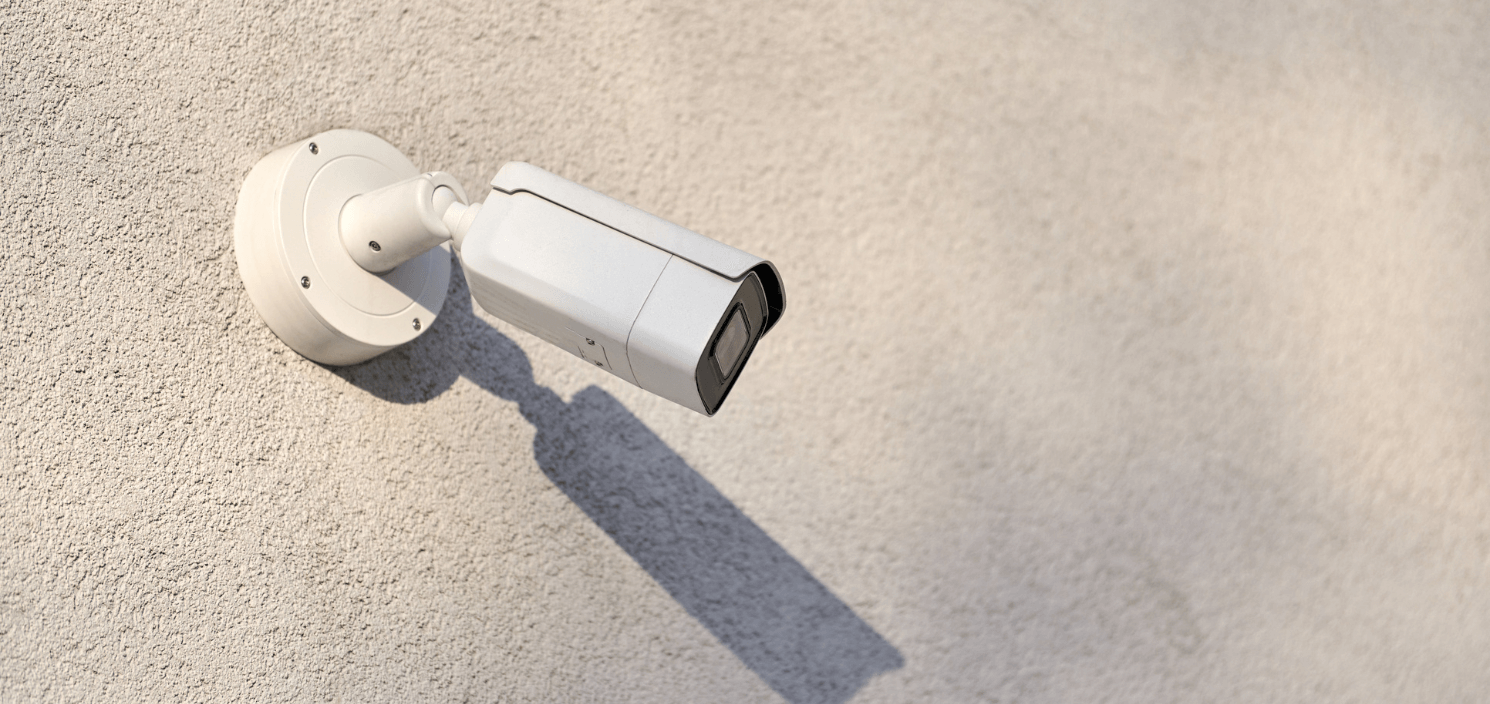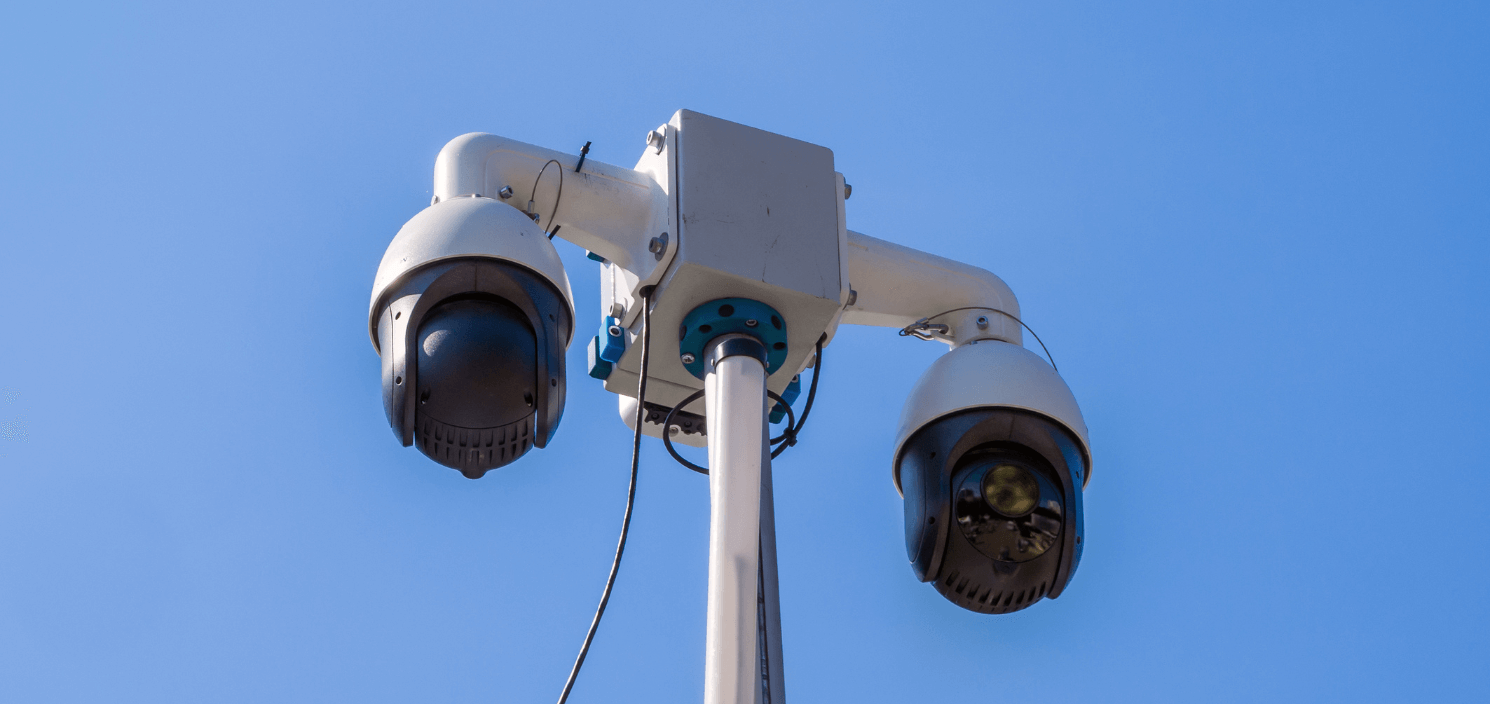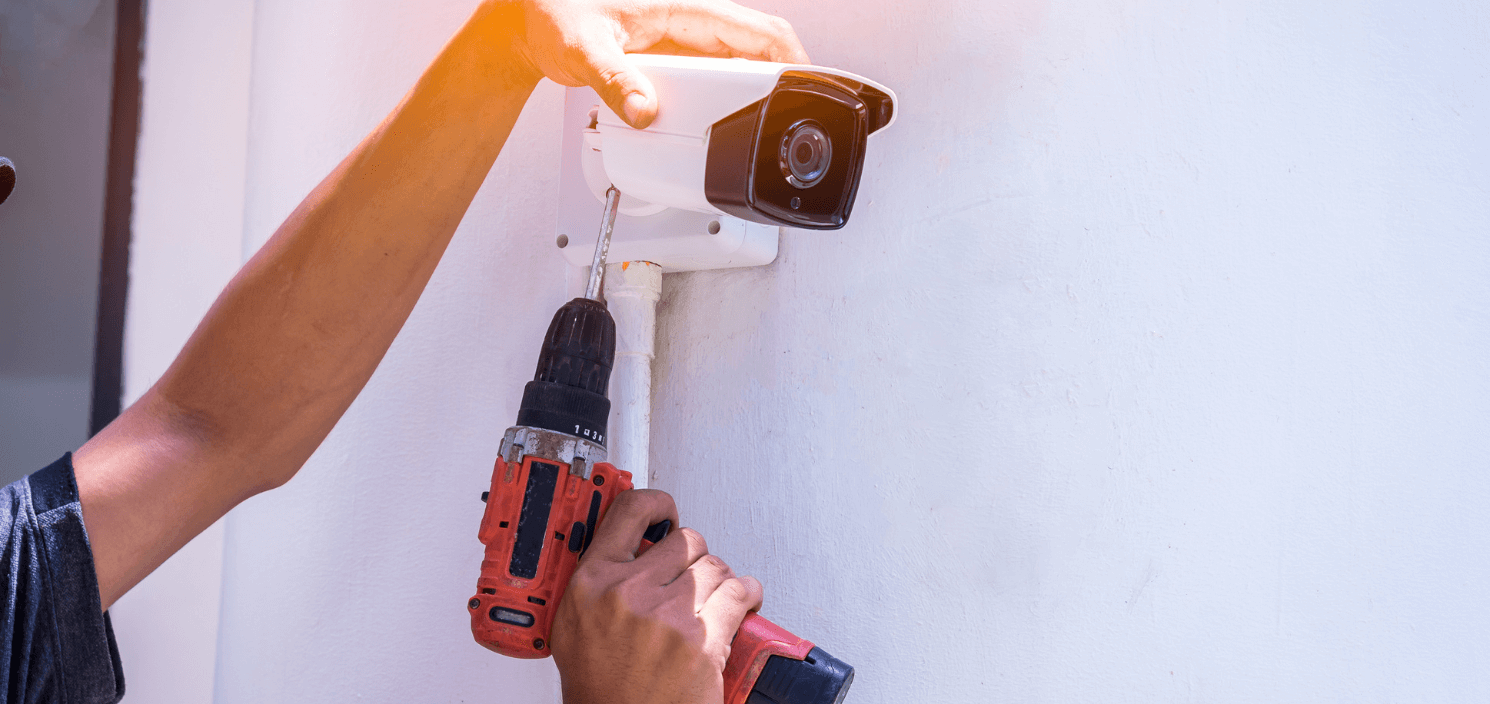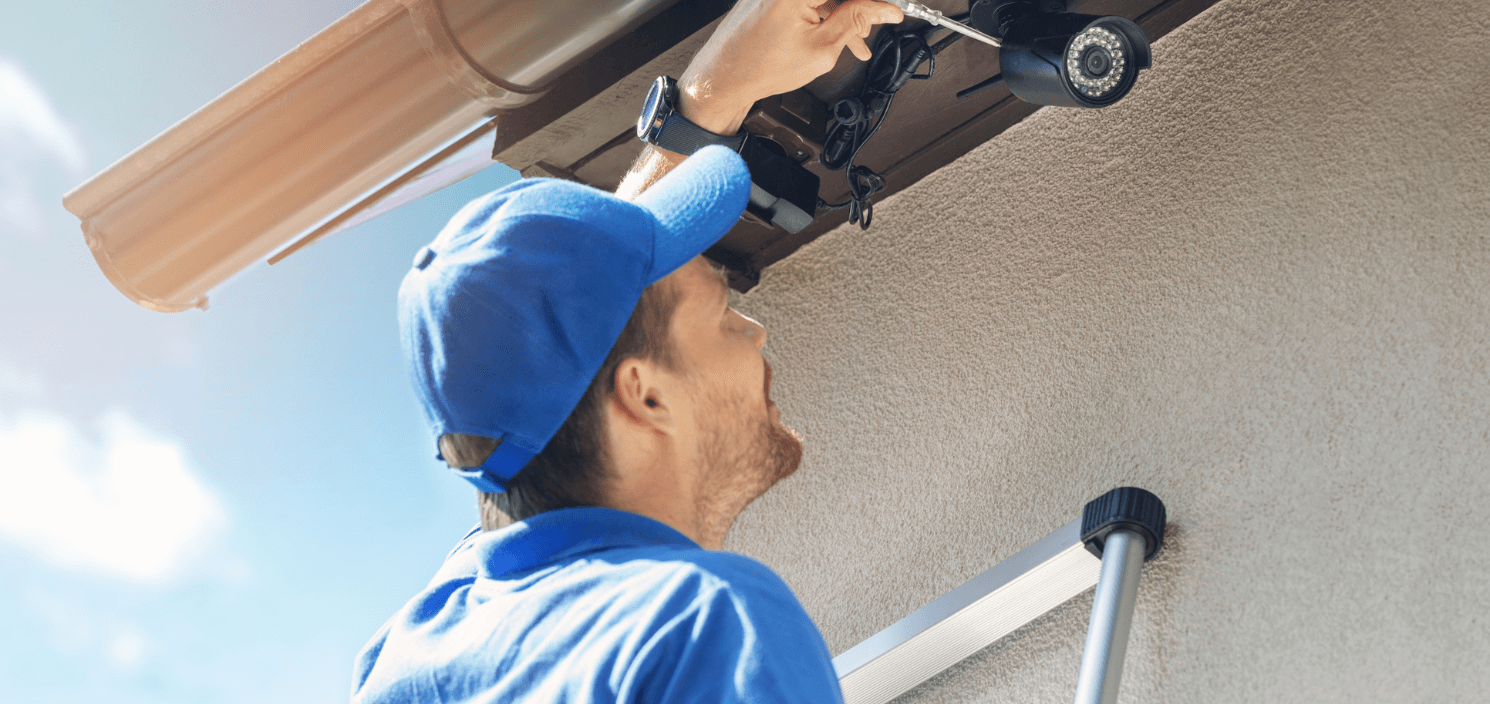Digital TV aerials: Scam or signal boost? Here’s what you need to know
Picture breaking up? Missing channels at random? You might have been told it’s because you need a digital aerial. But that advice isn’t always accurate and can lead to wasted money.
Here’s what’s really going on with “digital TV aerials” and how to know what your home needs.
The truth about digital TV aerials - marketing term or real upgrade?
You may have been told to upgrade to a digital TV aerial but is it necessary, or just clever wording? Let’s break down what’s fact, what’s fiction, and when an upgrade is worth it.
Despite the name, there’s technically no such thing as a special "digital" aerial. All aerials, even older ones, receive signals in the same way via UHF radio waves broadcast from transmitters. What changed with the digital switchover was the way signals are encoded, not how they’re received.
That said, modern aerials are often better suited for today's broadcasting standards. They’re typically designed to handle a wider range of frequencies, resist interference better, and perform more reliably in weak-signal areas. So, while there’s no magic in the word "digital," there can be real benefits to newer hardware if your current setup isn’t delivering.
Thinking about an upgrade? Here’s when it makes sense
If you’re getting a sharp picture and all your channels are working as expected that’s great. However, it doesn’t always mean your setup is ready for future demands or consistently reliable.
There are signs that an upgrade might improve your viewing experience:
- You occasionally miss channels or see pixelation.
- The aerial hasn’t been checked in a long time and could be worn or damaged.
- You're in an area with weak signal or physical obstructions.
Even if things seem fine today, a professional signal test can identify small issues before they turn into viewing problems. At Cube Communications, we’ll assess your current setup and recommend what makes sense. That could be a minor adjustment, or a new, high-performance aerial designed for today’s broadcasting environment.
Beware of the word “digital”
The term "digital TV aerials" is often used as a marketing hook. Some companies push unnecessary upgrades, suggesting that older aerials are incompatible with modern TVs which isn’t true. Your TV’s tuner does the digital decoding, not the aerial. And if you’re using a Freeview aerial, that’s often all you need to access a wide range of digital channels without paying for a subscription service.
Always ask for a signal test before committing to an installation. A reputable installer will check your signal strength, inspect your current setup, and only recommend a new aerial if it’s genuinely needed.
What can affect TV signal quality?
Several factors determine whether your picture is clear or glitchy:
- Aerial age and condition: Corrosion or physical damage can weaken performance.
- Height and placement: Higher is generally better. Rooftop aerials usually outperform loft-mounted ones.
- Obstacles and interference: Trees, walls, and nearby buildings can block or reflect signals.
- Cabling and connectors: Poor-quality or damaged coaxial cable can reduce signal strength.
- Weather conditions: Heavy rain, snow, or high winds can cause temporary signal interference, especially for poorly aligned systems.
- TV tuner quality: The hardware inside your TV also plays a role. Some tuners are more sensitive than others, particularly when dealing with low signal areas.
Should you install it yourself?
You can install an aerial yourself, but most people benefit from professional support. Our team tests the signal, positions the aerial correctly, uses quality materials, and secures everything safely.
If your property has multiple TVs, difficult access, or existing signal issues, professional installation will save time and prevent ongoing problems.
Honest advice, not upselling
At Cube Communications, we don’t believe in pushing unnecessary upgrades. We offer straightforward advice based on what your home needs. If your current aerial works well, we’ll say so. If a new one will improve your viewing experience, we’ll explain why and give you options.
We supply and install aerials for all types of domestic properties. That includes homes with poor signal in top-floor flats and properties needing Freeview in multiple rooms.
Freeview aerials vs satellite dishes
If you're deciding between Freeview and a satellite service like Freesat or Sky, it's useful to know the differences. Freeview aerials receive signals from land-based transmitters, while satellite dishes rely on orbiting satellites. Aerials are usually cheaper to install and maintain, and there’s no monthly fee for Freeview channels. For most households in the UK, a good-quality aerial gives access to 70+ live TV channels with no fuss. Unless you want subscription services or international content, a Freeview setup is often the simplest solution.
Know what you’re paying for
Cube Communications service includes everything you need for a reliable, long-term setup:
- Honest advice based on signal testing
- Supply of the right aerial for your location
- Full professional installation and tuning
- Guidance on Freeview and multi-room setup options
Want an honest, local opinion? Get in touch with Cube Communications and find out whether your current aerial is still up to the job.
FAQs about digital TV aerials
Can I use the same aerial for multiple TVs in my home?
Yes. A properly installed aerial can serve multiple TVs using a splitter or distribution amplifier, depending on your signal strength and wiring setup.
Do I need an aerial if I use a smart TV or streaming services?
You only need an aerial to watch live Freeview channels. If you rely exclusively on streaming apps, an aerial isn’t essential but having both options ensures you don’t miss local or live broadcasts.
How long does a TV aerial typically last?
A quality aerial can last 10–20 years or more. Exposure to weather, materials used, and how it's mounted all affect its lifespan. With regular checks, you can keep it working at its best.
Do digital TV aerials work better in rural Yorkshire?
They can, especially when high-gain or amplified models are used. Rural areas often have lower signal strength, so placement, elevation, and professional installation are essential to achieving a reliable connection.
Ready to fix your signal or future-proof your setup? Cube Communications is ready to help - with expert advice and aerial installations across Yorkshire that get it right the first time.
